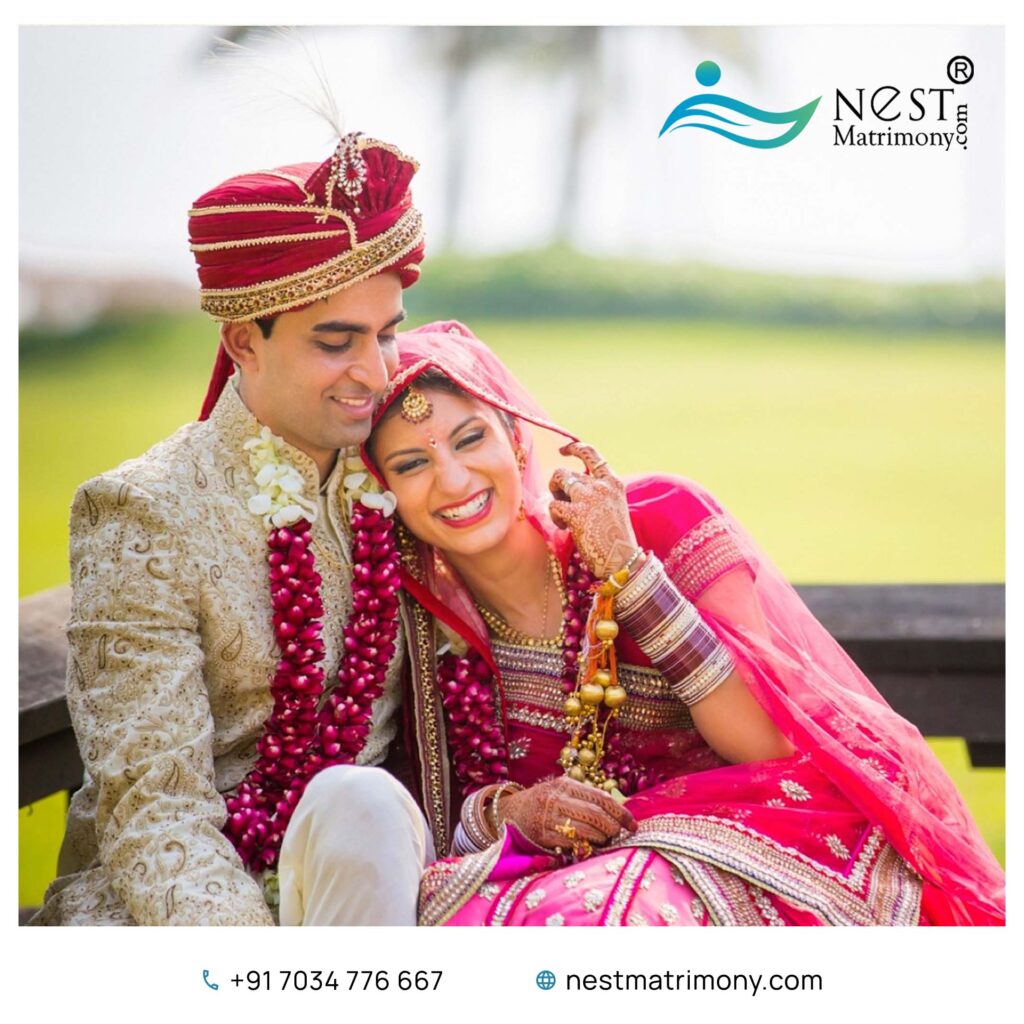MUSLIM WEDDING CEREMONY
Posted on 15 July
A Muslim wedding ceremony, also known as a "Nikah," is a significant and sacred event in Islamic culture. The ceremony is rooted in religious traditions and customs, varying slightly based on cultural and regional practices. Here’s a comprehensive overview of a typical Muslim wedding ceremony:
Pre-Wedding Rituals
- Istikhara (Seeking Guidance):
- Before the engagement, families often perform Istikhara, a prayer for seeking guidance from Allah to make the right decision regarding the marriage.
- Mangni (Engagement):
- The engagement ceremony is a formal declaration of the couple's intention to marry. It is often a small event attended by close family members, where rings may be exchanged.
Main Wedding Ceremony (Nikah)
- Nikah:
- Venue: The Nikah can take place in a mosque, at the bride’s home, or a wedding hall.
- Witnesses: At least two male witnesses are required for the Nikah to be valid.
- Qazi/Imam: An Islamic scholar or a Qazi officiates the ceremony.
- Khutbah: The ceremony begins with a Khutbah (sermon) by the Qazi, which includes verses from the Quran and Hadith about marriage.
- Ijab and Qabul: The core of the Nikah is the Ijab (proposal) and Qabul (acceptance). The groom proposes to the bride with the statement, "I offer you myself in marriage in accordance with the instructions of the Holy Quran and the Holy Prophet (PBUH)." The bride accepts with the words, "I accept."
- Mahr: The Mahr (dower) is a mandatory gift from the groom to the bride. It can be money, jewelry, property, or any valuable item agreed upon during the marriage contract discussions.
- Signing the Nikah Nama: Both the bride and groom, along with the witnesses, sign the Nikah Nama (marriage contract) to make the marriage official.
- Dua (Supplication):
- After the Nikah, a Dua is recited, asking Allah for blessings, happiness, and success for the newlyweds.
Post-Wedding Rituals
- Walima (Reception):
- The Walima is a marriage banquet hosted by the groom’s family. It is a celebratory event where family and friends gather to congratulate the couple and celebrate their union. This event is sunnah (recommended practice) and signifies the public declaration of the marriage.
- Rukhsati (Departure):
- Rukhsati is the emotional moment when the bride leaves her parental home and departs for her husband’s home. It symbolizes her transition from being part of her parents' family to starting her own family with her husband.
- Chauthi (First Visit):
- The bride's first visit to her parental home after the wedding is called Chauthi. It typically occurs a few days after the wedding, and the bride is accompanied by her husband. The bride’s family welcomes them with a warm reception and gifts.
Cultural Variations
Muslim wedding ceremonies may vary based on cultural and regional differences. For instance:
- South Asian Traditions: In South Asian countries like India, Pakistan, and Bangladesh, additional customs like Mehndi (henna ceremony) and Baraat (groom's procession) are prevalent.
- Middle Eastern Traditions: Middle Eastern weddings often include traditional music, dance, and lavish feasts.
- Southeast Asian Traditions: In Malaysia and Indonesia, the Akad Nikah is followed by a traditional reception called Bersanding, where the bride and groom sit on a decorated dais.

Conclusion
A Muslim wedding ceremony is a blend of religious obligations and cultural traditions, emphasizing the importance of commitment, mutual respect, and the sanctity of marriage. It is a joyous occasion marked by prayers, celebrations, and the union of two families.










